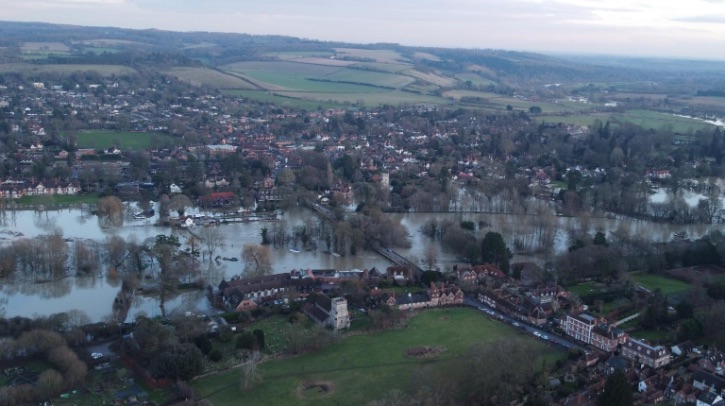The Engineering and Physical Sciences Research Council has awarded £1.2m (US$1.5m) to a three-year initiative involving Edinburgh and Bristol universities and the UK Centre for Ecology & Hydrology (UKCEH).
Advanced flood modeling
The project will reportedly cut the time and cost of running computer models of projected flooding until 2100. It will develop new modeling methods to enable assessments of a much wider range of potential flood scenarios than is currently possible, taking into account how factors such as local land use and soil type affect the behavior and severity of a flood. This will inform solutions that better match the specific needs of different parts of the UK, enabling government agencies to provide more targeted protection against climate change and avoid needless expenditure on over-engineered solutions.
UKCEH scientists will investigate whether we are currently underestimating future flood risk and establish the differences between computer-based climate models that are high resolution but expensive to run, and those that are simpler but less detailed.
Targeted solutions
Dr Steven Cole, group leader/principal hydrological modeler at UKCEH, explained, “We will be developing quicker, hybrid methods to assess future flood risk that blends model outputs and statistical methods to generate many more plausible future flood events. The new assessment framework will provide a more complete picture of how flood risk is predicted to change and where, but with reduced computational effort, thus paving the way for more informed flood resilience investment.”
The project team will produce this new flood risk assessment framework in conjunction with researchers, consultants and government agencies.
In related news, the UK’s Science and Technology Secretary, Peter Kyle, recently launched a research infrastructure with £38m (US$50m) in funding to advance the country’s understanding of how, when and where floods and droughts occur. Click here to read the full story.



